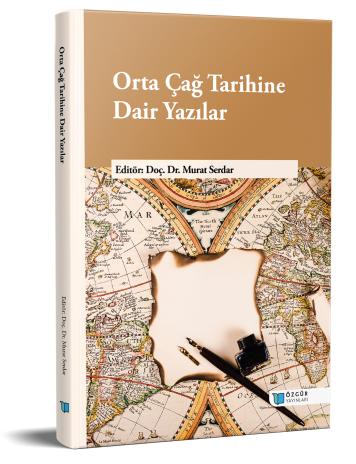
A Crucible of Cultures: The Unique Social and Political Fabric of the Anatolian Seljuks and Its Legacy for the Turkish Republic
Chapter from the book:
Serdar,
M.
(ed.)
2025.
Essays on Medieval History.
Synopsis
Anatolia, Anatolian Civilizations, or Asia Minor, acts as a bridge between the continents of Asia and Europe with a geopolitical history that witnessed constant campaigns of conquest and invasion. Mesopotamia and Egypt surround Anatolia from the southeast and ancient Mediterranean civilizations from the west, making this region a cradle of civilizations. During the early 11th century, a prominent figure of the Great Seljuk Empire, Çağrı Bey, initiated a series of incursions into Eastern Anatolia, marking the genesis of sixty years of intermittent raiding that preceded the full Seljuk conquest of the region. Until the pivotal Battle of Manzikert in 1071, the Seljuks engaged in various military campaigns across Anatolia. Religious zeal, exploration, and the pursuit of war spoils were the primary motivations for these campaigns. Key Seljuk triumphs during this era included the Battle of Kapetron in 1048 and the capture of Ani in 1064, both significant military successes that paved the way for the decisive victory at Manzikert against the Byzantine Empire. This monumental battle represented the initial steps in transforming Anatolia into a Turkish domain. In the aftermath of Manzikert, Sultan Alp Arslan implemented strategic policies of conquest, rapidly consolidating Turkish control over Anatolia. The Byzantine Empire eventually recognized Turkish suzerainty over Anatolia following the Seljuk victory at the Battle of Myriokephalon. This study examines the cultural activities within the Anatolian Civilizations as well as the social and political accounts during that era and its legacy for the current Turkish Republic.

